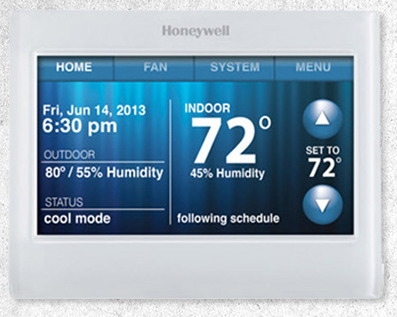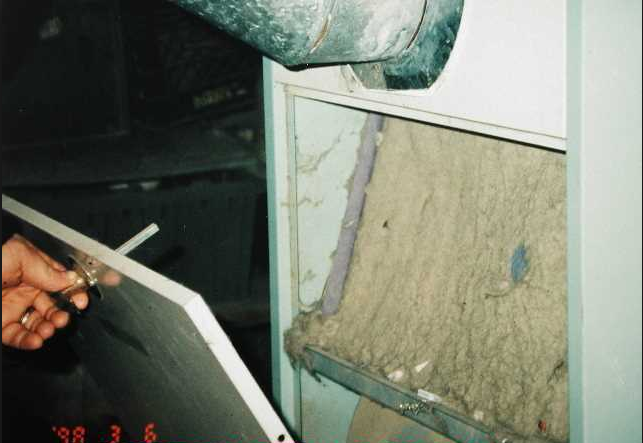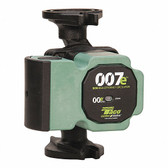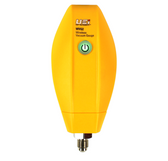 Loading... Please wait...
Loading... Please wait...Categories
It's time to get your furnace ready for winter!
Posted by Stewart Unsdorfer on 12th Oct 2016
Make sure to follow these 9 steps to get started:
1. Check and change your filter.

If you find that you do need a new filter, make sure to get the correct measurements then head over to climatedoctors.com to find your filter.
2. Switch your thermostat from cooling to heating.
Or better yet, switch to a wireless Honeywell Thermostat so you can monitor your home's heating and cooling from anywhere!

3. Take out window screens and installs storm windows.
By installing storm windows you will be able to decrease the amount of heat leaking through your windows and into the outdoors. These will be more energy efficient.
4. Inspect your chimney.
You should be checking for any obstructions, such as bird nests or debris. Furthermore, you should also make sure there is no significant soot buildup, as it can be a dangerous fire hazard. If your chimney hasn't been inspected in a long time, call a professional to check it and clean the ducts.
5. Make sure the burners are free of debris and dust.
Dust can accumulate during the summer. Therefore, it's very important to check and clean the furnace burners before the start of the colder seasons. While cleaning the burners, check for signs of misalignment and rust.
6. Oil the furnace blower if needed.
When preparing your furnace for winter it is important to make sure all the components of your heating system are clean and in working order. The furnace blower motor plays a big role in how your heating system functions. It should be oiled once a year and it shouldn't make any unusual noises when started.
7. Make sure your thermostat is working properly.
If a thermostat is not working correctly, your heating system may not be working efficiently. Turn on your thermostat and monitor how it responds, it should start up immediately without any problems. If you have an old thermostat that must be controlled manually you should consider updating it. Set-back thermostats are the best choice because they allow you to completely control the temperature in your home. A set-back thermostat can be automatically turned down when you're asleep or away, which can save you a lot of money.
8. Check all heating vents to make sure they are completely uncovered.
Throughout the year, furniture is often moved around and new furniture is brought into the home. Double-check around your house to make sure that nothing is blocking your heating vents. Blocked vents are not only useless since heat can't get out, but they can also drive your heating up. In addition, a blocked vent can result in an overheated furnace. Check both your supply registers, heat blows out of these, and your return registers, the air is drawn into these.
9. Schedule an appointment to clean your furnace early in the season.

If your furnace looks like this when you open it, it's time to bust out the vacuum and some canned air and get rid of that mess!
Professional companies get very busy at the onset of winter, so it's a good idea to schedule your appointment ahead of time. The best way to save money in the long run is to have a professional clean your heating system. Systems cleaned by professionals will work better and more efficiently. Check with your local BBB (Better Business Bureau). Make sure the company you want to call is an Accredited BBB member with an A+ rating.
These tips are a great start, but keep in mind that you should contact a professional if you aren't familiar with how your heating system works. Keep your furnace clean, and replace equipment as needed. With proper maintenance, your furnace will work more efficiently, and save you money on expensive energy costs.






